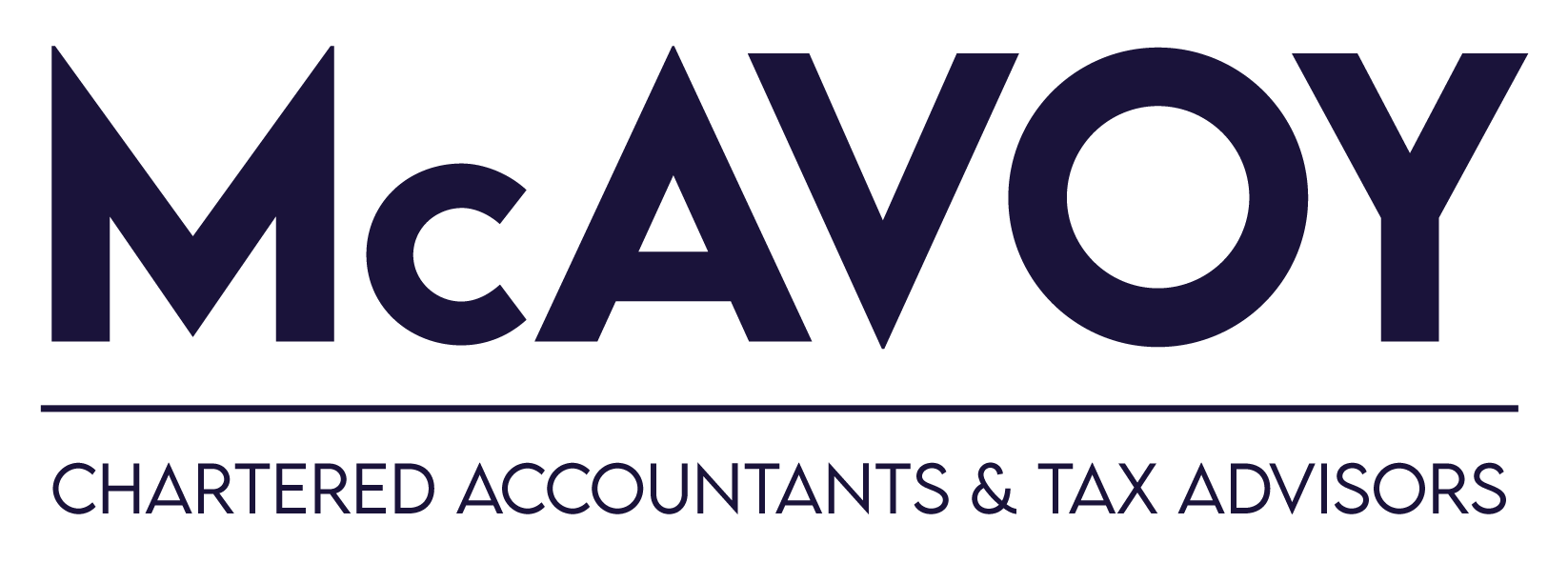Most business-owners will face significant tax costs throughout the tax year. These costs can include income tax, employers’ PAYE and VAT. Unless tax costs such as these are planned and managed they can cause distress and hardship. For an example one only has to think of last week’s report of how UK- quoted company, Conviviality Plc, had to call in administrators to start an insolvency process partially as a result of having unearthed an unpaid tax liability.
In this article we’ll give you some tips on how you can plan and manage your tax payments over the course of the tax year.
Income Tax
Preliminary income tax for a tax year is payable by 31 October in that year. Income Tax can be a very significant cost for many tax payers but particularly for the self-employed. Preliminary tax is calculated as either 100% of the prior year’s tax liability or 90% of the estimated liability for the current year. For example, preliminary tax for 2018 can be either 100% of your 2017 liability or 90% of your estimated liability for 2018.
But rather than waiting until October in the tax year to pay your preliminary tax you may find it easier to plan and manage the liability by paying regular smaller amounts. Preliminary tax can be paid by direct debit by way of 8 equal monthly instalments in the tax year. If you chose to pay your preliminary tax by direct debit then it is based on 105% of the pre-preceding year’s liability. For example if you chose to pay your 2018 preliminary tax by instalments you would base it on 105% of your 2016 income tax liability. If you haven’t paid preliminary tax by direct debit instalments before there is an option to make the payments over three months i.e. October, November and December 2018 in the case of 2018 preliminary income tax.
Taking this approach can pay dividends. For example, if your tax liabilities are increasing year on year because your taxable income is increasing you will generate a cashflow advantage by basing your preliminary tax payment on 105% of the pre-preceding year’s liability.
If you want to pay your 2018 preliminary tax by direct debit instalments you need to act fast. Your first direct debit instalment will need to be paid on 9 May 2018 if you are to make 8 monthly instalments during 2018. The application to make your payments by direct debit is made though the Revenue online service (ROS).
VAT
Rather than submitting its VAT returns bi-monthly and paying the liability by the 19th of the following month a business can chose to file one annual return and pay its VAT liability by monthly direct debits. In order to be eligible to file annual returns the bi-monthly VAT liability must be less than €50,000 and the monthly direct debits must be sufficient to meet the annual VAT liability.
PAYE
Instead of submitting monthly P30s and paying the PAYE liability by the 14th of the following month a business can file one annual return (Form P.35) and pay employer’s PAYE by monthly direct debit. The monthly PAYE liability must be less than €25,000 to be eligible to file an annual return and the monthly payments must be sufficient to meet the annual employer’s PAYE liability.
By planning and managing its tax payments a business can arrange to make regular payments throughout the year. This can lead to a reduction in administration and can reduce the stress of needing to make once-off large tax payments particularly in October of each year.

